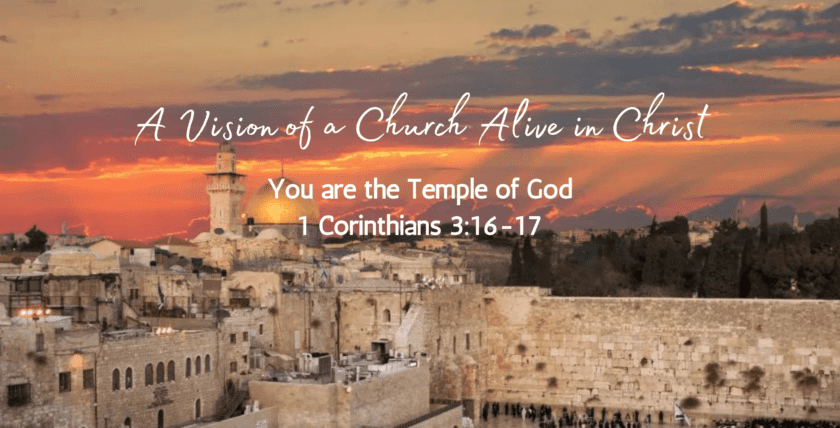In the last episode, we looked at Satan’s rebellion against God and his war with humanity. A question many of you asked about that episode was regarding the Hebrew word ‘elohim.’ Based on your questions, I feel this term is complex today. So, I want to take some time to explain to us what ‘elohim’ means.
We’ll start by defining the Hebrew word: elohim – In scripture, depending on the context, elohim has been translated as God, gods, mighty ones, angels, or divine beings. It can be singular or plural. It can also signify something that’s singular but has plural forms or attributes. Elohim is not a name nor a title; it’s a nature. Elohim are noncorporal beings, spiritual or celestial. In the earthly realm, all living things are corporal or living organisms. Two realms and two different types of life (Psalm 82:1).
Let’s start with the divine assembly or council in Psalm 89:5-7 and Daniel 7:9-10.
Why is there a Divine Council? Does God need advisors? The Divine Council displays God’s Authority and Sovereignty. God doesn’t need a Divine Council, but he wills to order heaven and earth in this manner (Psalm 82:1).
It creates participation and involvement. Other celestial beings have a place in executing God’s will. God is willing to delegate authority and responsibility to his children, as we see in Daniel 7:9- 10.
It illustrates God’s relational Will. It’s God’s will for his children to collaborate and participate in his purposes (Psalm 8:3-6).
Listen to what Jesus tells his disciples about the Father’s relational will in John 15:15.
It’s a pattern for Court Governance on Earth. The Divine Court exemplifies human society (1 Kings 22:19-22).
In this passage, God allows others to decide how Ahab would be judged. The council discussed how Ahab would meet his judgment in battle, and a spirit presented an idea to get Ahab to believe the fight was a slam dunk and that he had nothing to fear. God just said it would work. Why would it work? Because Ahab followed the prophets, who were lying all the time. This was a fitting judgment for Ahab because he killed the true prophets of God and followed the prophets who told him what he wanted to hear.
It signifies a Purposeful Link between the Divine and the Earthy. Heaven has order, structure, and purpose, and there should be order, structure, and purpose on earth (Job 1:6-7).
The gathering of angels before God indicates an organized assembly where members present themselves and report their activities, reflecting a structured divine realm. This also reflects an earthly council meeting of assembly and reporting.
All of this shows that besides the natures of the beings in each realm, non-corporal and corporal, we are closely related to the celestial, heavenly beings by God’s purpose and will. There isn’t a lot of difference between us and angels. There’s only one Almighty God. There’s no other elohim like him. He is the first and the last, the only all-powerful God. He alone has the power of life and death. But he has many children and many creations. He shares his image, authority, and control with his heavenly and earthly children (Luke 16:19). Jesus is all-powerful. Yet, he involves us as participants with him in the kingdom of heaven because it’s his will that the earthly and heavenly children be image bearers of the Father through the entire creation.


